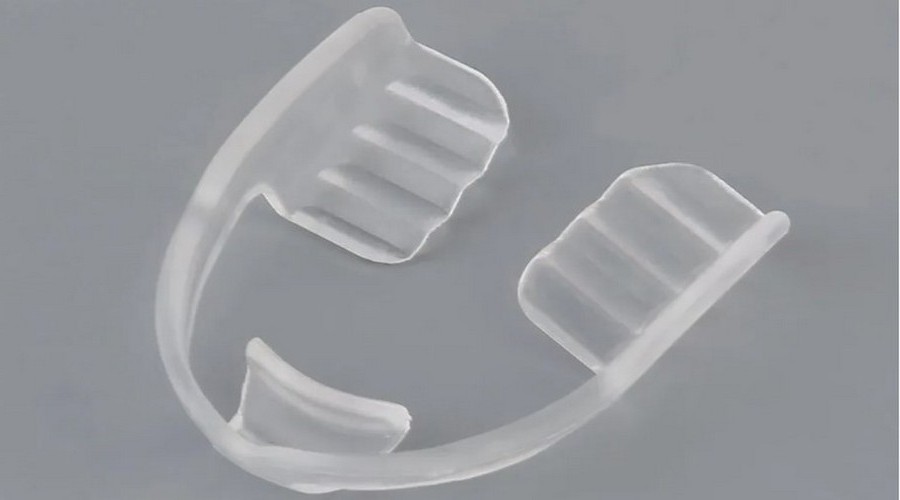Bruxism isn’t just an unpleasant habit; it’s a condition that can seriously impact your health and quality of life. Involuntary teeth grinding, most often during sleep, can lead to headaches, jaw pain, damaged teeth, and even temporomandibular joint (TMJ) problems. Fortunately, there are many strategies you can use to manage bruxism and regain control of your health.
Recognizing that you have bruxism is the first step to finding a solution

Many people don’t realize they have bruxism until they experience consequences, such as toothache or comments from their partner in bed. If you suspect that you grind your teeth, look for the following signs: pain in your jaw or face, especially in the morning; tension headaches; tooth sensitivity; worn, chipped, or loose teeth; clicking or pain in the TMJ. Consulting with a dentist is an important step to confirm the diagnosis and determine the severity of bruxism.
Protecting your teeth is a priority

Regardless of the cause of bruxism, it is important to protect your teeth from further damage. A custom-made mouth guard made by your dentist is an effective means of protection. It is worn over your teeth at night and prevents them from grinding against each other. The mouth guard does not eliminate the cause of bruxism, but it does prevent wear on your teeth and reduces the strain on your jaw muscles. There are also cheaper, off-the-shelf mouth guards, but they are less comfortable and may be less effective.
Working to reduce stress is key to finding a long-term solution to bruxism
Stress and anxiety are common triggers for bruxism. Learn relaxation techniques such as meditation, yoga, deep breathing, or progressive muscle relaxation. Regular exercise can also help reduce stress levels and improve sleep quality. Try keeping a stress diary to identify specific situations or triggers that trigger your teeth grinding.
Lifestyle changes are an important part of treating bruxism
Reduce alcohol and caffeine intake, especially in the evening. These substances can stimulate muscle activity and make bruxism worse. Avoid chewing gum, as this can overload the jaw muscles and make the problem worse. Try not to clench or grind your teeth during the day. Pay attention to your posture, especially when working at a computer, and make sure your jaw is relaxed.
Physical Therapy and Jaw Exercises – Restore Balance
A physical therapist who specializes in TMJ dysfunction can teach you exercises that will help relax your jaw muscles, improve joint mobility, and reduce pain. These exercises may include stretching, massage, and muscle strengthening. It is important to do the exercises regularly and correctly to achieve the best results.
Medication for Bruxism – in extreme cases
In some cases, when the pain and discomfort from bruxism becomes unbearable, your doctor may prescribe medications such as muscle relaxants, which help relax the jaw muscles. However, these medications are usually prescribed for a short term, as they can have side effects. In rarer cases, Botox injections into the jaw muscles may be used to temporarily paralyze them and reduce teeth grinding.
Alternative Bruxism Treatments – Finding Your Personal Approach
Some people find relief from bruxism through alternative treatments such as acupuncture, chiropractic care, or biofeedback. These methods can help reduce stress, relax muscles, and improve overall well-being. It is important to remember that the effectiveness of these methods may vary from person to person.
A comprehensive approach is key to success
The most effective way to manage bruxism is a comprehensive approach that includes protecting your teeth, reducing stress, making lifestyle changes, physical therapy, and, if necessary, medication. It is important to work with your dentist, doctor, and other professionals to develop a personalized treatment plan that fits your needs and circumstances.
Remember: Bruxism is a manageable condition
Don’t let bruxism control your life. With proper treatment and self-awareness, you can reduce its negative effects and improve your health and well-being. Be patient and persistent in your efforts to overcome this problem, and you will surely succeed.
Want to schedule an appointment?
Mo-Fr 8:00 am – 5:00 pm
Sa 9:30 am – 3:00 pm

